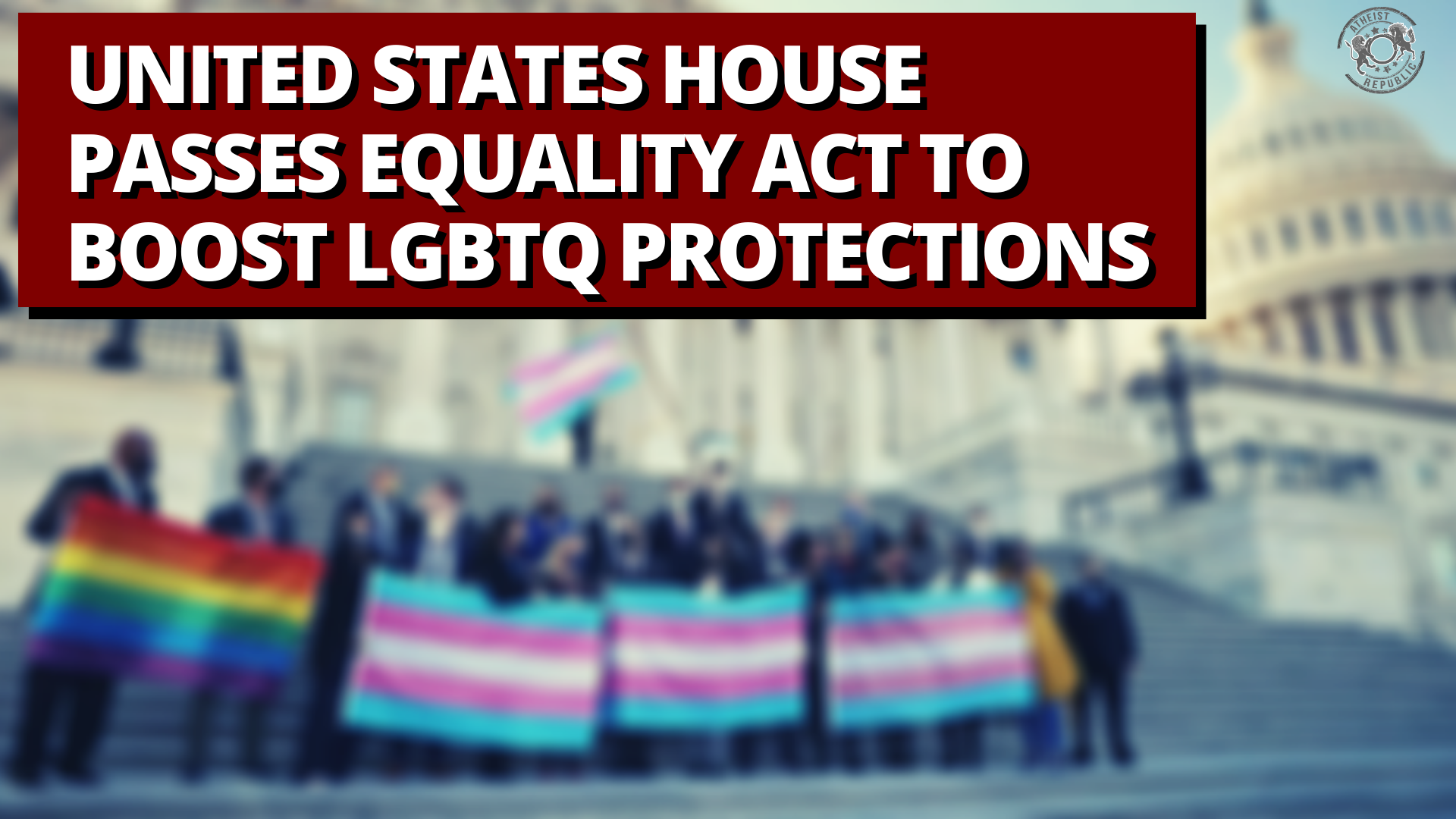
On February 25th, the US House passed the Equality Act. The passing of this landmark act for LGBTQ rights (with a 224-206 vote) deters discrimination pertaining to sexual orientation and gender identity in many circumstances and in several settings, including employment, housing, education, public accommodations, and merchantry.
If passed in the Senate, the act will amend the Civil Rights Act of 1964 and broaden federal protections. In 2019, it passed the House with support from eight Republicans but could not get a GOP-controlled Senate hearing under Donald Trump.
Democrats believe the bill may pass into law this year with an evenly split Senate. Whether or not the bill receives enough support from Republicans in the Senate remains to be seen. Incorporating the bill into the Civil Rights Act of 1964 will require a 60-vote threshold in the Senate to bypass a filibuster.
If the Equality Act passes the Senate, businesses such as flower shops, catering services, or bakeries (among others) will be affected. Currently, they are free to refuse service to the LGBTQ community, claiming providing services to gay events violates their religious beliefs. Soon they may no longer have the freedom to discriminate against LGBTQ people.
This is amazing news! Thank you, @AngieCraigMN, @deanbphillips, @VoteBetty, and @IlhanMN for taking this tremendous step forward for LGBTQ civil rights! https://t.co/wwBuTu5Oca
— Minnesota DFL Party (@MinnesotaDFL) February 26, 2021
Those in favor of the bill say the Equality Act will expand basic rights. Supporters say that the Equality Act extends protections to people equally, regardless of their sexual orientation or identity, that the Civil Rights Act of 1964 did not specifically safeguard.
Another positive aspect of the bill will mandate LGBTQ anti-discrimination laws on a national level. None of the 27 states that do not currently have anti-discrimination laws protecting the LGBTQ community can reject them. The Act will cement the protections and leave no room for interpretation.
Some oppose the bill because of their primary concern regarding how the Equality Act will affect their religious freedom.
A law professor at the University of Virginia, Douglas Laycock, has criticized the Equality Act since it was first introduced. While he stands behind the addition of gender identity and sexual orientation to the federal laws, he says the bill overreaches by limiting businesses' ability to contend claims of discrimination.
Opponents of the Equality Act also fear it will threaten organizations or businesses having religious objections to providing service to LGBTQ people. This would force them to choose if they will comply with the law or honor their religious beliefs.
President Biden spoke to the publisher of Philadelphia Gay News, Mark Segal, last October. He said the passing of the Equality Act would guarantee that “no future president can ever again roll back civil rights and protections for LGBTQ+ individuals.”
“Too many states do not have laws that explicitly protect LGBTQ+ individuals from discrimination,” Biden added. “It’s wrong to deny people access to services or housing because of who they are or who they love.”
